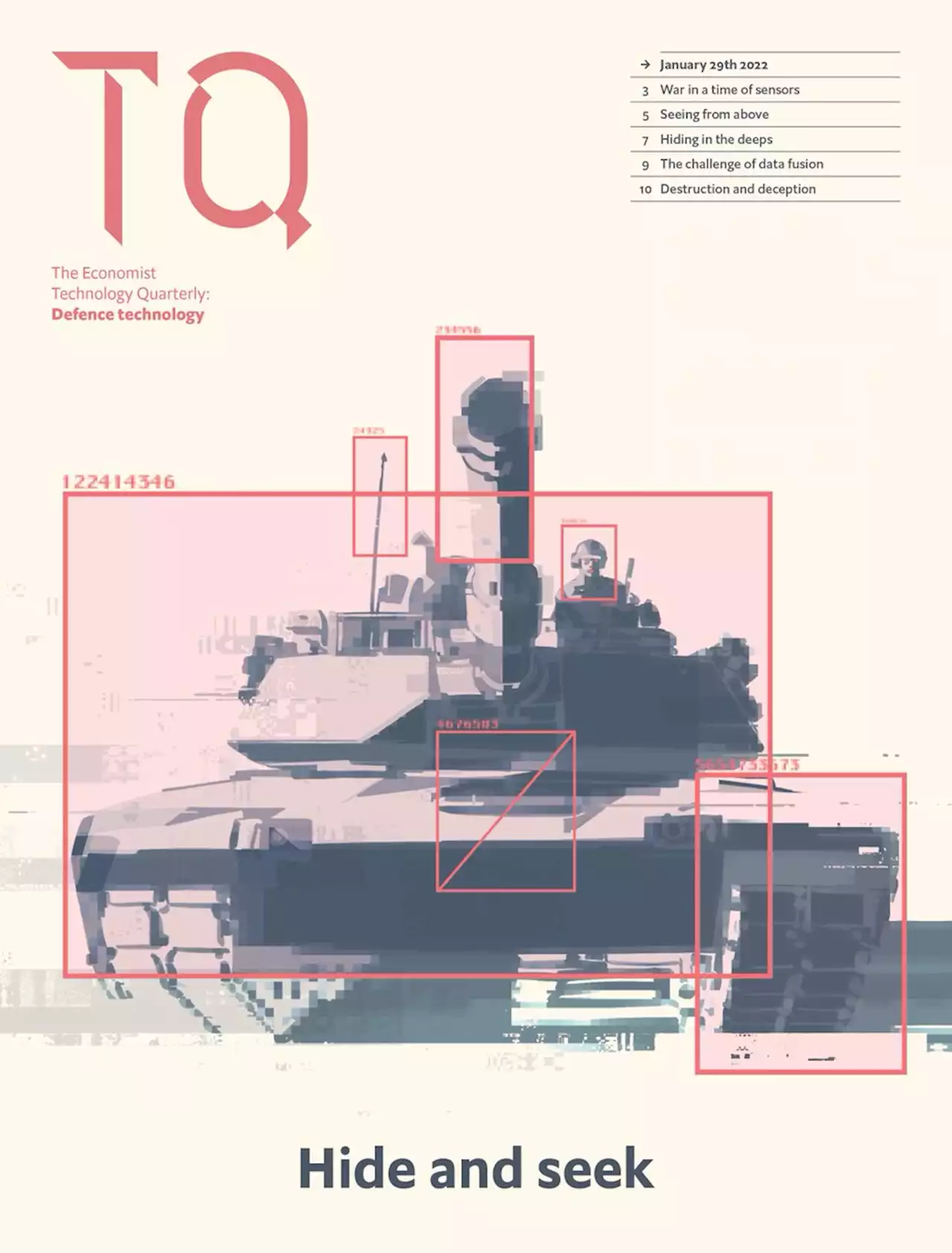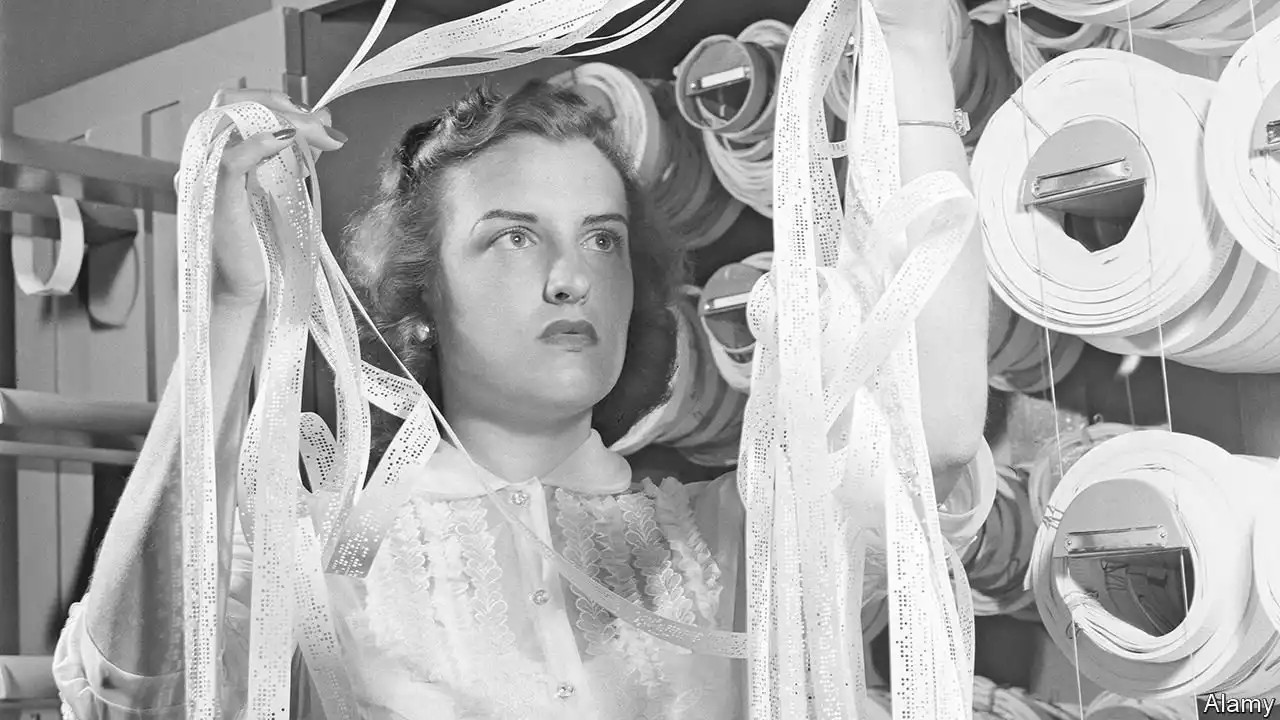The sharing of data—and their use—may now be getting easier
A range of novel data-processing techniques might make such sharing possible. These so-called privacy-enhancing technologies are still in the early stages of development. But they are about to get a boost from a project launched by the United Nations’ statistics division.
For the pilot scheme, the researchers used categories already in the public domain—in this case international trade in things such as wood pulp and clocks. They thus hoped to show that the system would work, before applying it to information where confidentiality matters.s through their paces. In one trial, OpenMined, a charity based in Oxford, tested a technique called secure multiparty computation .
That inquirer thus receives its answers, but never has access to the information on which those answers are based. Moreover, for extra security, the results are processed by another, called differential privacy. This employs elaborate maths to add a smidgen of statistical noise to a result. That makes the findings less precise, but means they cannot be reverse-engineered to reveal individual records.
Once safely stored in this server’s hardware, the data are decrypted and the desired analysis performed. For extra security, cryptographic hashes and digital signatures are applied, to prove that only authorised operations have taken place. The output is likewise statistically blurred, using differential privacy, before being sent back to the original inquirer.
In the tests, both approaches did indeed spot anomalies. For example, although American and Canadian records of the value of wood pulp traded between the two countries were basically the same, their data on the value of the clock trade differed by 80%. “Tech-wise, it worked,” gushed Ronald Jansen of theWhether it works bureaucratically remains to be seen. But the putative benefits would be great.
Canada Latest News, Canada Headlines
Similar News:You can also read news stories similar to this one that we have collected from other news sources.
 DRC: 51 people sentenced to death over 2017 murder of two UN expertsDozens of people have been on trial for more than four years over the killing of Michael Sharp and Zaida Catalán
DRC: 51 people sentenced to death over 2017 murder of two UN expertsDozens of people have been on trial for more than four years over the killing of Michael Sharp and Zaida Catalán
Read more »
 Storm Ana: Deadly Africa storm shows climate crisis reality - UNRescue workers in southern Africa are trying to reach thousands stranded as more are found dead.
Storm Ana: Deadly Africa storm shows climate crisis reality - UNRescue workers in southern Africa are trying to reach thousands stranded as more are found dead.
Read more »
 Defence technology | Jan 29th 2022 | The EconomistDefence technology. Technology Quarterly from The Economist. You've seen the news, now discover the story.
Defence technology | Jan 29th 2022 | The EconomistDefence technology. Technology Quarterly from The Economist. You've seen the news, now discover the story.
Read more »
 Robert Pattinson: is Batman outstaying his welcome at three hours? | Rebecca NicholsonFilms shouldn’t be an endurance test yet that is what they are turning into
Robert Pattinson: is Batman outstaying his welcome at three hours? | Rebecca NicholsonFilms shouldn’t be an endurance test yet that is what they are turning into
Read more »
